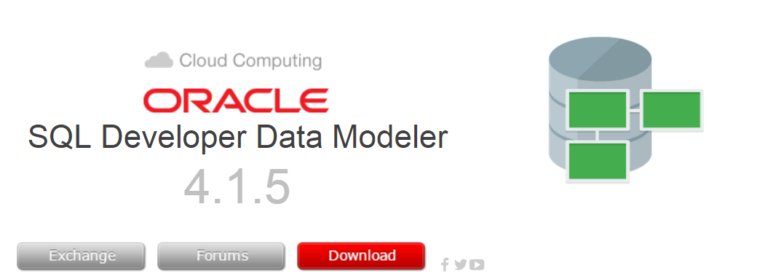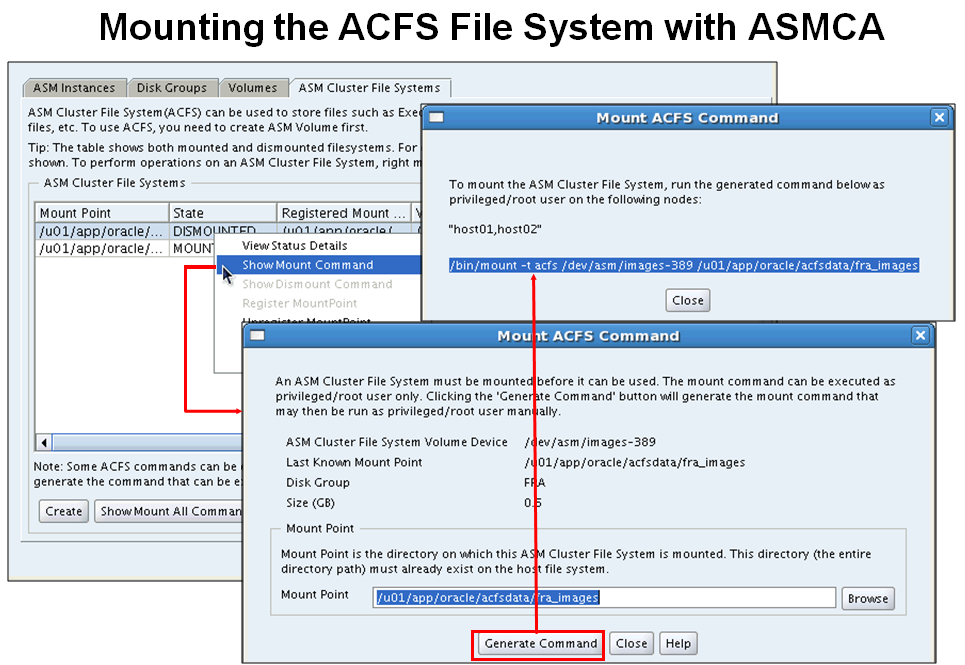
It will then be killed as soon as possible.

In these cases the session will have a status of "marked for kill". In some situations, like waiting for a reply from a remote database or rolling back transactions, the session will not kill itself immediately and will wait for the current operation to complete. It merely asks the session to kill itself. SQL> ALTER SYSTEM KILL SESSION KILL SESSION command doesn't actually kill the session. This allows you to kill a session on different RAC node. In a RAC environment, you optionally specify the INST_ID, shown when querying the GV$SESSION view. SQL> ALTER SYSTEM KILL SESSION 'sid,serial#' The basic syntax for killing a session is shown below. Multithreaded Model using THREADED_EXECUTION in Oracle Database 12c Release 1 (12.1).ALTER SYSTEM CANCEL SQL : Cancel a SQL Statement in a Session in Oracle Database 18c.There are a number of ways to kill rogue sessions both within Oracle and externally.

Select = 'kill ' + cast(spid as varchar(20)) + ' ' from sys.Home » Articles » Misc » Here Killing Oracle Sessions (ALTER SYSTEM KILL / DISCONNECT SESSION) I know a better way to declare a variable and do it as below but I would like above to work if it is possible without using a variable: Am I missing something or that an exec within exec doesn't work?Įxec ('exec (''select ''''kill '''' + cast(spid as varchar(20)) + '''' '''' from sys.sysprocesses Here is my code using sysprocesses:Įxec ('select ''kill '' + cast(spid as varchar(20)) + '' '' from sys.sysprocessesĪfter constructing individual kill statements now I would like to exec without declaring and using a variable as below. I am trying to avoid cursor, while loop and also any usage of variable in executing the dynamic SQL. I am aware of other methods like altering the DB mode to single/offline etc., but would like to do using dynamic SQL.

I would like to kill all the user connections on a particular DB using dynamic SQL.


 0 kommentar(er)
0 kommentar(er)
